France Terror Attacks 2015: Gaps In Paris Intelligence Services Reveal Vulnerabilities, As Experts Look To US Safety Record Since 9/11
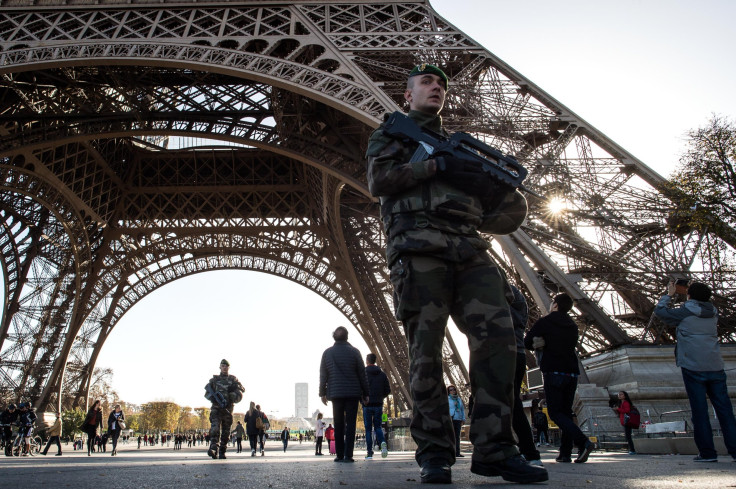
In the 14 years since terrorists unleashed a coordinated assault on major landmarks in New York and Washington, killing nearly 3,000 people, the United States has somehow avoided another full-scale episode. Yet this year alone, France has suffered two major terrorist attacks in the heart of its capital.
These contrasting experiences on both sides of the Atlantic speak to what experts describe as fundamentally different levels of risk confronting the longtime allies. The United States enjoys geographic remove from Syria and the rest of the volatile Middle East, while France must contend with proximity, making it a magnet for those inspired by the call to jihad. The United States is a multicultural society in which large numbers of minorities nurse grievances over discrimination -- not least, at the hands of law enforcement -- yet France is home to the largest Muslim population in Europe, with many mired in slum-like conditions and high unemployment.
But beyond these factors, some experts conclude that France has left itself particularly vulnerable to terrorism while the United States has remained relatively safe because of substantial differences in how each has responded to the painful realization that organized jihadist elements are conspiring to kill their people. After the attacks on the offices of satirical weekly Charlie Hebdo in January and Friday's series of assaults that left over 130 people dead, the problem of terrorism in France appeared to be mounting.
“In France there was never a real moment of realization about the problem,” Christian Harbulot, a French intelligence and defense expert, told International Business Times Sunday. “They have for a long time handled it as a police problem instead of a strategic problem. I fear that we are still in this state of mind.”
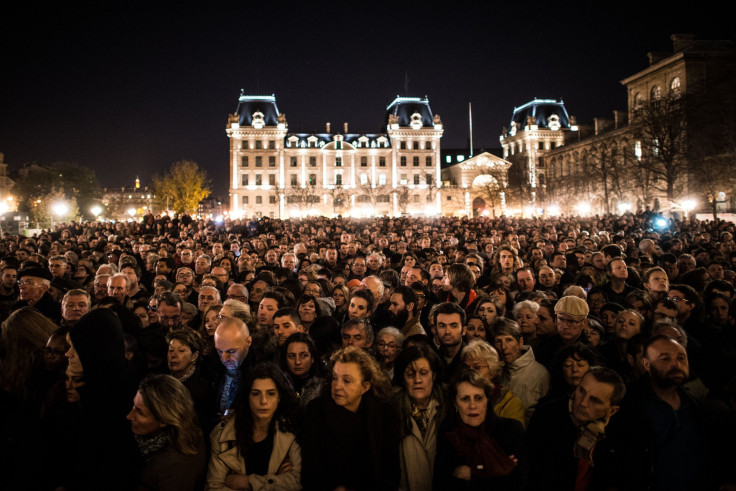
Harbulot and other defense experts cited a lack of coordination among French security agencies as an especially dangerous gap, as well as a difference in their scale and complexity compared to their American counterparts.
“We have a system of domestic and foreign security,” explained Axel Dveyre, manager of a strategy consulting firm and a former French military officer. “But we have just one foreign intelligence gathering service, the DGSE [The General Directorate for External Security], when the U.S. has something like 17 agencies.”
But lest one conclude that the Americans have managed to defang the threat of terrorism, experts told IBT of a disturbing message delivered by way of the attacks in Paris on Friday: the apparent awakening of so-called sleeper cells -- covert terrorist cells embedded in Western countries awaiting the signal to carry out attacks. These cells could be lurking anywhere ISIS deems a strategic target, posing a new level of threat.
Whatever its intelligence capabilities or shortcomings, France must perpetually consider its geographical proximity to areas of conflict in which it has intervened, while the United States is separated from the conflicts in Iraq and Syria by thousands of miles of ocean. Moreover, France is integrated with the rest of continental Europe, making it easy for jihadists to reach its confines: Under the Schengen agreement, a pact between 26 European Union member states, people can travel freely without encountering passport controls when passing between 26 countries.
“The technical question of gaining entry to the country plays a major role,” said Dveyre. “The system of entry to the United States is much more complex. By plane it’s much harder to trick authorities and by land there are heavily patrolled borders with Mexico and Canada.”
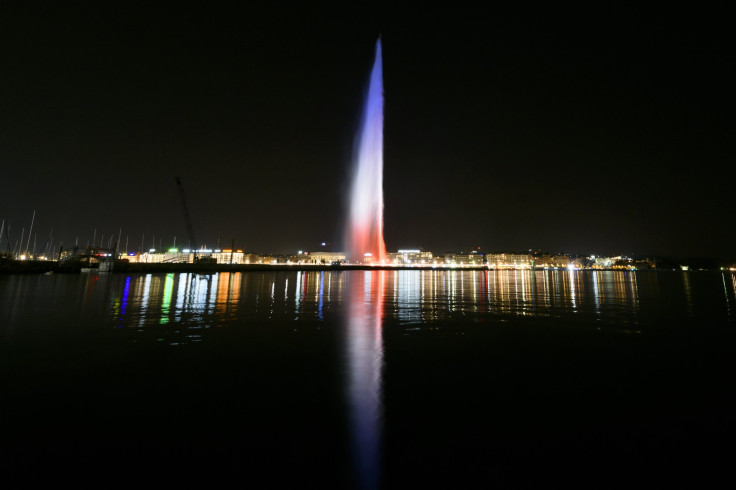
An ongoing refugee crisis in Europe has significantly altered France’s ability to control its borders. Over 600,000 refugees have arrived in Europe, more than half of them fleeing an escalating civil war in Syria, and European authorities have been overwhelmed. Those arriving are typically fingerprinted and photographed, but background checks and other security measures do not take place until the refugee applies for permanent asylum or residence in a specific EU nation. Greek authorities reported that one of the perpetrators of Friday’s attacks in Paris entered the EU as a refugee.
“There’s a lot of room for people to be moving with little checks for what’s happening,” said Paul Gottinger, a U.S.-based independent journalist focusing on the U.S. War on Terror. “I’m not saying that the borders should be closed, but there’s a lot of uncertainty,” he said.
Between 5 million and 6 million Muslims live in France, comprising a community that has long complained of systematic discrimination in housing, education and career opportunities, fertilizing the appeal of jihad among especially alienated youth.
“If you look at France, it’s well-known that there’s these slums in the outskirts of Paris, unemployment for Muslims is very high,” said Gottinger. “People are going to be more attracted to [extremism] if they have less options.”
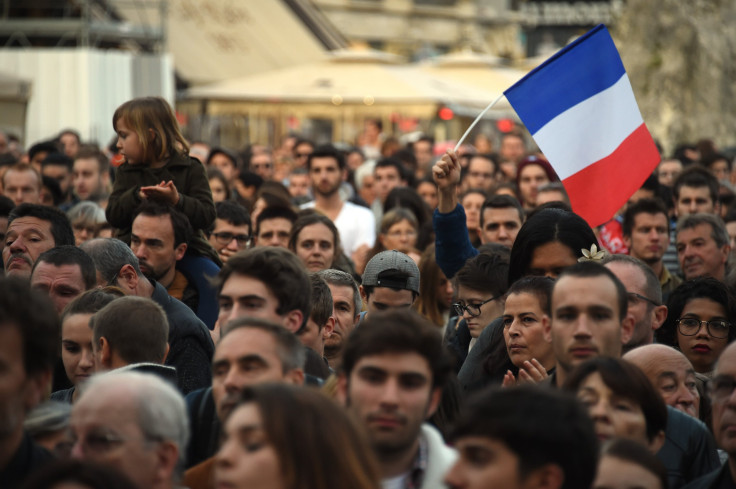
The liberal elite in France has long championed a concept of society built on a foundation of laicité, a term with no ideal translation that loosely speaks to a dedication to secularism in the spirit of creating equality for all citizens regardless of religion. In France, appeals to secularism invoke not only a strict division of church and state but a complete separation between the religious and public spheres.
In recent times, this flavor of secularism celebrated as inclusionary has for French Muslims translated into a uniquely antagonistic form of exclusion: A spate of laws have barred prominent displays of religion in French schools, among them headscarves worn by observant Muslim girls. French Muslims have decried this as an attack on freedom of expression.
“Bans like these undermine the rights of women who choose to wear the veil and do little to protect anyone compelled to do so, just as laws in other countries forcing women to dress in a particular way undermine their rights," said Izza Leghtas, a Western Europe researcher at Human Rights Watch in London.
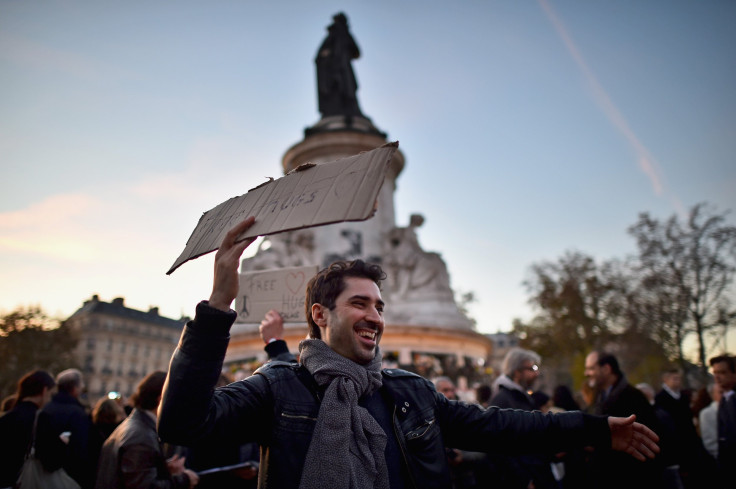
As France now contemplates how to respond to the latest attacks -- perhaps through border tightening, and almost certainly with intensified efforts on surveillance -- some say the only meaningful solution may also be the most elusive: peace and economic prosperity in the Middle Eastern conflict zones in which France has injected itself.
“Neither tightening the borders nor sharing intelligence across agencies is likely to prove sufficient in and of itself,” said Mujtaba Rahman, a leading political analyst for the Eurasia think tank, based out of London. “They’ve got to rely on an improving situation in Syria.”
© Copyright IBTimes 2024. All rights reserved.






















